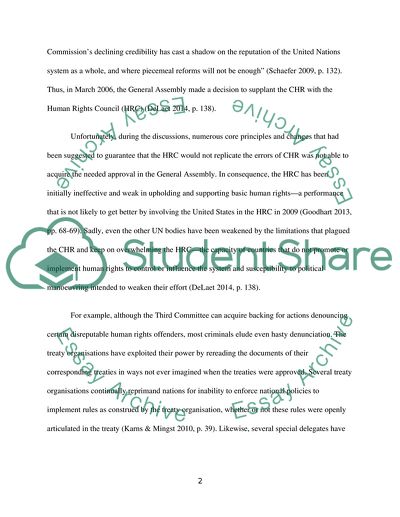Cite this document
(“The Limitedness of the UN Human Rights Agenda Essay”, n.d.)
The Limitedness of the UN Human Rights Agenda Essay. Retrieved from https://studentshare.org/social-science/1643834-why-is-the-uns-human-rights-agenda-so-limited
The Limitedness of the UN Human Rights Agenda Essay. Retrieved from https://studentshare.org/social-science/1643834-why-is-the-uns-human-rights-agenda-so-limited
(The Limitedness of the UN Human Rights Agenda Essay)
The Limitedness of the UN Human Rights Agenda Essay. https://studentshare.org/social-science/1643834-why-is-the-uns-human-rights-agenda-so-limited.
The Limitedness of the UN Human Rights Agenda Essay. https://studentshare.org/social-science/1643834-why-is-the-uns-human-rights-agenda-so-limited.
“The Limitedness of the UN Human Rights Agenda Essay”, n.d. https://studentshare.org/social-science/1643834-why-is-the-uns-human-rights-agenda-so-limited.


